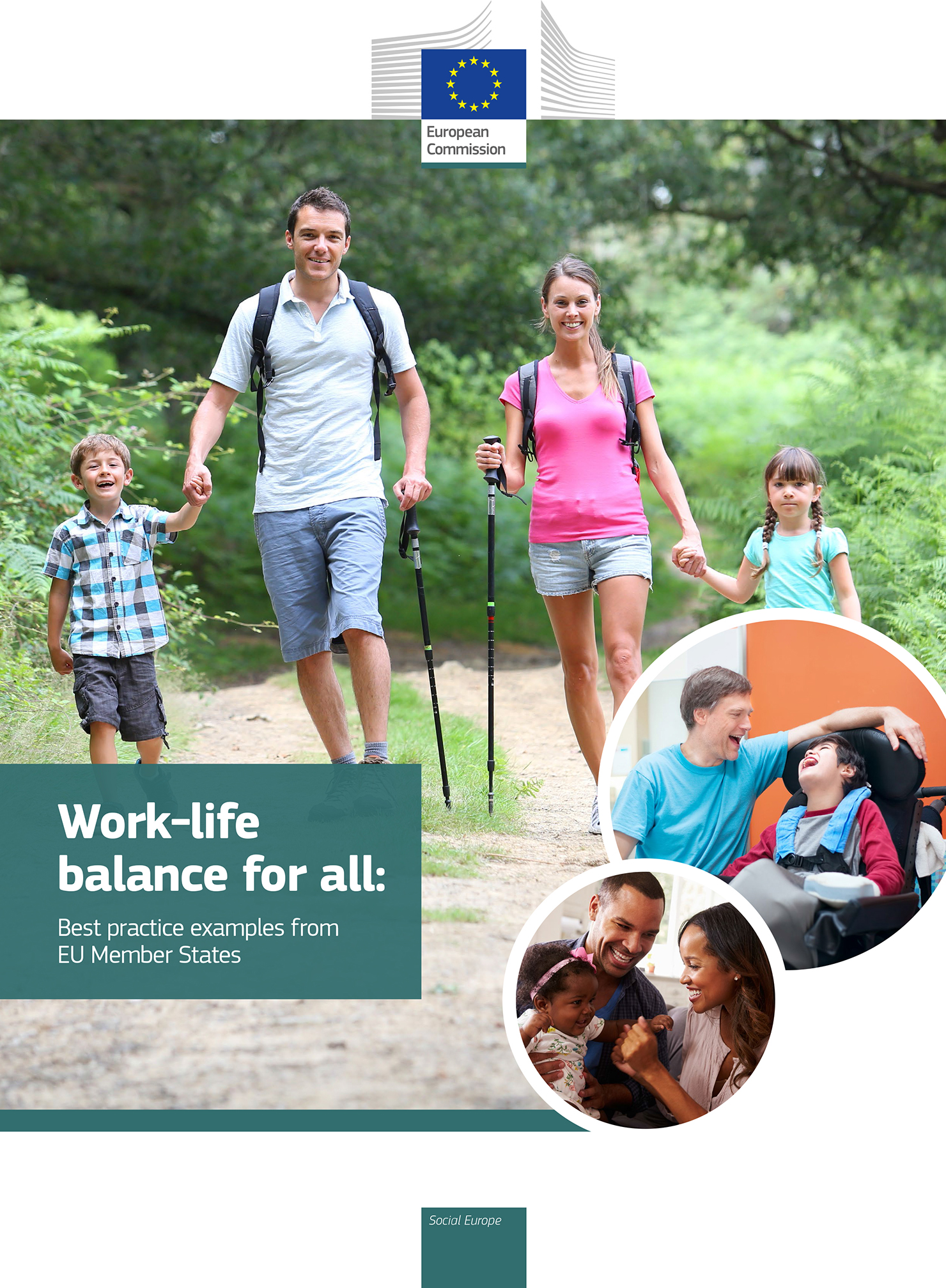
This Directive sets a number of new or higher standards for parental, paternity and carers’ leave, and the right to request flexible working arrangements. It takes account of the needs of small and medium-sized companies and makes sure that they are not disproportionately affected. The new Directive is complemented with policy and funding measures, supporting Member States in enforcing existing dismissal protection legislation, developing formal care services and addressing economic disincentives for second earners to work.
What will the new Directive improve?
Paternity leave: Working fathers will be able to take at least 10 working days of paternity leave around the time of birth of the child. Paternity leave will be compensated at least at the level of maternity pay.
Parental leave: At least 4 months per parent, out of which 2 months are non-transferable between parents. Parents can request to take the leave in flexible forms (full-time, part-time or in a piecemeal way). The 2 non-transferable months of parental leave will be compensated at a level set by Member States.
Carers’ leave: All workers will have the right to 5 working days of carers’ leave per year.
Flexible working arrangements: All working parents with children up to at least 8 years old and all carers will have the right to request the following flexible working arrangements:
- Reduced working hours
- Flexible working hours
- Flexibility on the place of work
A long-awaited piece of legislation
On June 13 2019, the Employment, Social Policy, Health and Consumer Affairs (EPSCO) Council, consisting of social and employment affairs minister from EU member states, passed the Work Life Balance Directive (WLB).
Right before the EPSCO meeting, Autism-Europe joined with 11 other European and international civil society networks to urge member states to transpose the directive swiftly.
The EPSCO decision came after the European Parliament, on 4 April 2019, voted in favour of the final version of the WLB.
Over two years before, on 26 April 2017, the European Commission published its proposal for a WLB Directive. The European Parliament’s Legal Affairs Committee, the Women’s Rights and Gender Equality Committee, and the Employment and Social Affairs Committee all voted in favour of it in June 2018. After the European Parliament committees passed the WLB Directive proposal, Autism-Europe joined a broad coalition, led by COFACE Families Europe, supporting an Open Letter to the Employment, Social Policy, Health and Consumer Affairs Council (EPSCO) to urge the European ministers to enter into the negotiation process with the European Parliament on the Directive.
On 24 January 2019, after five months of negotiation, the European Parliament and the Council of the EU reached a provisional agreement on the European Commission’s proposal for a new Directive on WLB for parents and carers.
An assessment of the WLB Directive by COFACE Families Europe can be found here.
